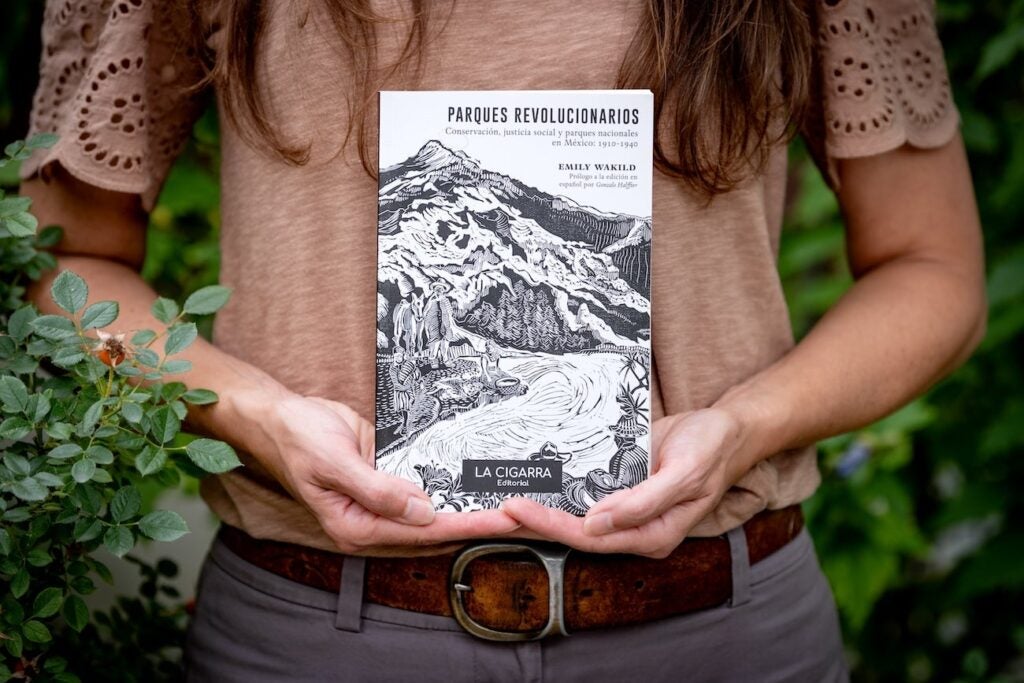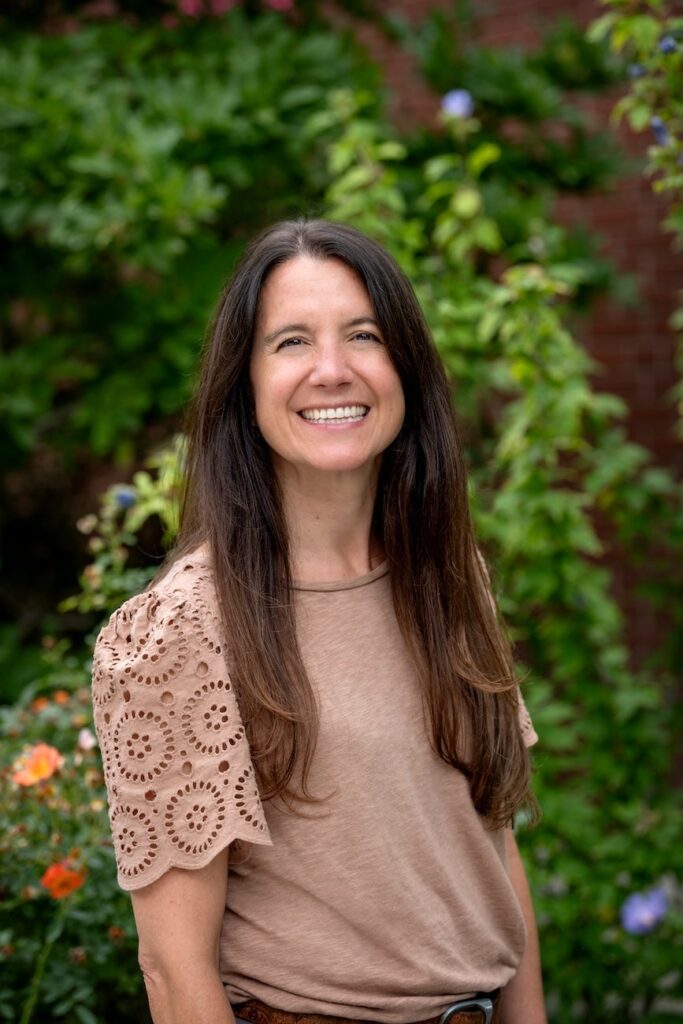By Jenny Gilman

Curiosity can be a spectacular driver of discovery. A thought ignites; the flame of wonder turns into small actions, and once the fire is fully engaged, those actions can create an entirely changed landscape.
In the case of Emily Wakild, Cecil D. Andrus Endowed Chair for Environment and Public Lands and professor of history and environmental studies, her curiosity led to historical research that became her book, “Revolutionary Parks: Conservation, Social Justice, and Mexico’s National Parks, 1910-1940.”

“This book grows out of my enduring fascination with Mexico,” Wakild said. “While curiosity sparked the inquiry, the rigorous research demonstrated how Mexico once led the world in the number of national parks by building them with a completely different framework for conservation in mind.”
Wakild’s passion for Mexico is evident in her research and dedication to making it accessible. In addition to publishing her book in English, she worked with translator Eugenio Fernández Vázquez to publish a Spanish edition in Mexico. This approach amplifies the impact of her scholarship.
Wakild traveled to Mexico in 2024, where Adán Peña, head of Mexico’s National Park Service and the National Commission of Natural Protected Areas celebrated her research. They honored her with a painting, a medal and the confirmation that her book is now being used as a guide for National Park infrastructure and new conservation in Mexico. Peña introduced the book to Mexican President Andrés Manuel López Obrador, who was inspired to appropriate funds for conservation. Wakild’s work is a testament to the power of humanities research and its potential to change policy in significant ways.